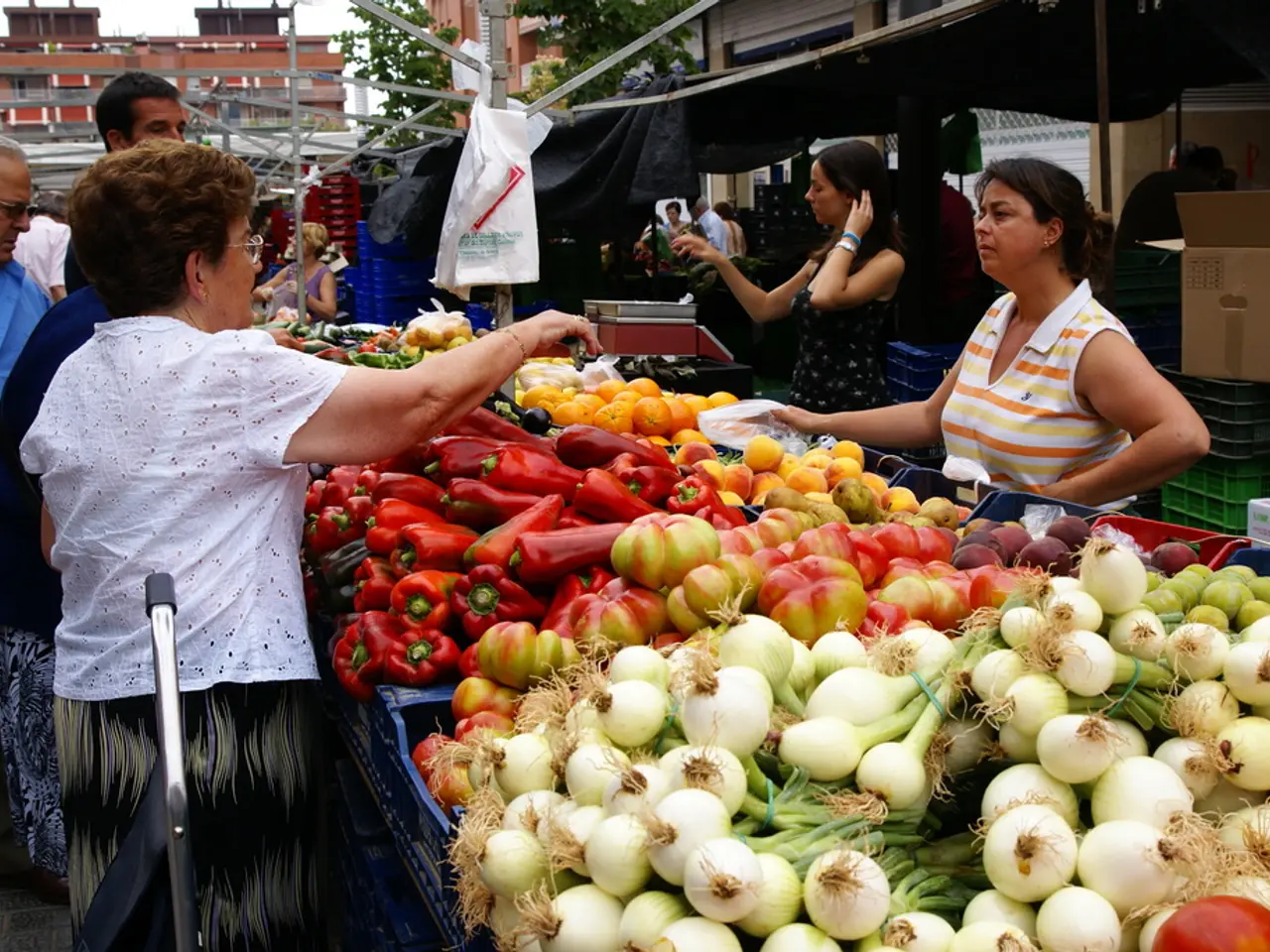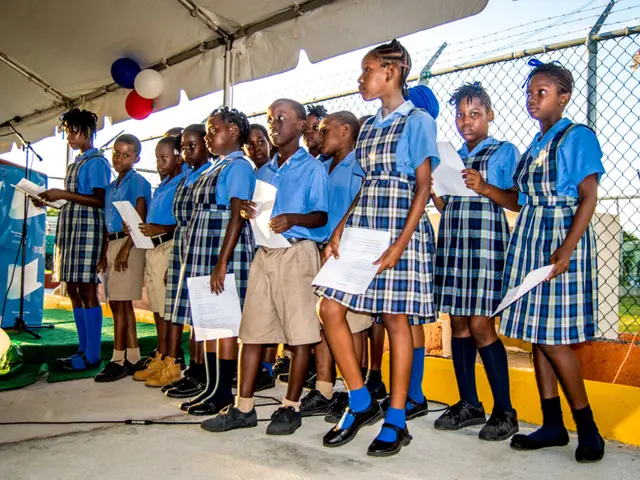Singapore's Plastic Waste Crisis: 92% Exported, Low Domestic Recycling
Singapore generates substantial plastic waste, with over one million tonnes produced last year. Around 92% is exported, primarily to Malaysia. However, with China's import ban and stricter regulations in Malaysia and Vietnam, Singapore faces challenges in waste management.
Currently, only 6% of Singapore's plastic waste is recycled domestically. The country uses a commingled recycling system, which allows residents to mix recyclables in blue bins. This convenience, however, leads to a high contamination rate of approximately 40%.
To address this issue, Singapore is exploring sustainable alternatives like bioplastics. Biodegradable bioplastics, such as polyhydroxyalkanoate (PHA), can quickly decompose in natural settings. However, fully realizing their potential requires education and dialogue to modify the commingled recycling system and reduce contamination. Establishing recycling plants locally is challenging due to Singapore's limited land area and high population density, making recycled pellets more expensive than new plastic pellets. Initiatives like Project Black Gold are promoting composting as an alternative solution.
Singapore's plastic waste management faces obstacles, with most waste exported and a low domestic recycling rate. Bioplastics offer a sustainable solution, but addressing contamination and establishing local recycling plants are crucial. With China's import ban and stricter regulations in neighbouring countries, Singapore must explore innovative solutions to manage its plastic waste effectively.








